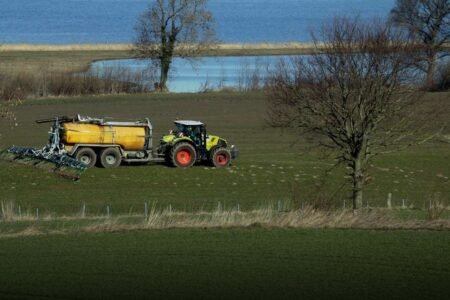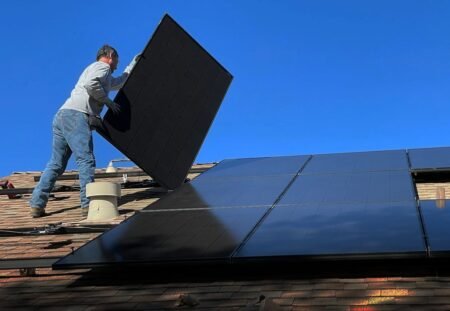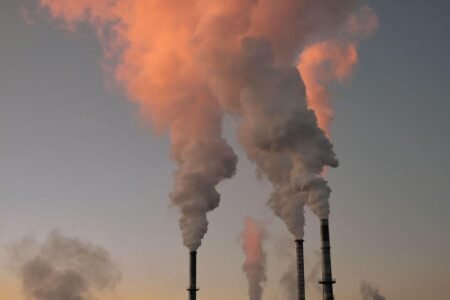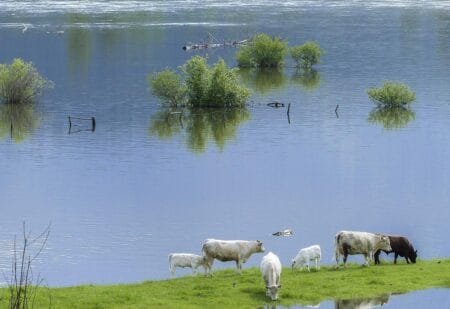Worsening floods, droughts, wildfires, and storms, combined with the loss of natural defences such as forests and wetlands, are making insurance increasingly inaccessible across Europe.

In a new policy brief, WWF warns that the resulting financial exposure threatens households and businesses, as well as public finance budgets and economic stability, and urges policymakers at COP30 to put climate and nature action at the heart of financial resilience strategies.
Insurance supports modern economies by protecting assets, enabling investment, and supporting recovery after disasters. Climate change and nature loss are rapidly eroding the foundations of global insurance markets, driving up economic losses from extreme weather events and widening the “insurance protection gap”, the share of damages left uninsured.
“In 2025 alone, the EU lost €43 billion due to heatwaves, droughts, and floods, while only 20% of catastrophe losses are insured, and the protection gap continues to widen. The alarm is blaring and the time to act is now: climate and nature must be at the heart of building resilience, not treated as afterthoughts once disaster strikes. If climate and nature are not properly included into financial resilience strategies, the costs and devastation will only increase – for the people and businesses of Europe, and for the economy of the Union”, said Dominyka Nachajute, Sustainable Finance Policy Officer at WWF EU.
As insurers raise premiums, restrict coverage, or withdraw from high-risk regions, governments are being forced to step in as insurers of last resort, adding pressure to already limited public budgets. Germany’s €30 billion Ahrtal flood recovery and Spain’s €2.2. billion drought bail-out of farmers in 2023 illustrate how uninsured risks lead to fiscal liabilities.
“The insurance protection gap leaves people vulnerable as extreme weather events hit people hard. Half of climate-related losses globally, and more than 90% in developing countries, are uninsured. This is no longer just an insurance market issue, but a systemic threat to people’s livelihoods, economic resilience and even financial and fiscal stability”, said Laurence Tubiana, Special Envoy to Europe for COP30.
WWF urges policy-makers at COP30 to:
- Undertake holistic, forward-looking loss and damage assessments to guide fiscal and policy decisions.
- Cut greenhouse gas emissions and reverse nature loss to stabilise long-term risk and assure insurability
- Make nature a core element of resilience and adaptation strategies, recognising the cost-effective, protective value it has.
- Strengthen regulatory and macroprudential oversight to align financial systems with long-term resilience frameworks
- Increase market incentives to contain the protection gap and promote preventive action.








